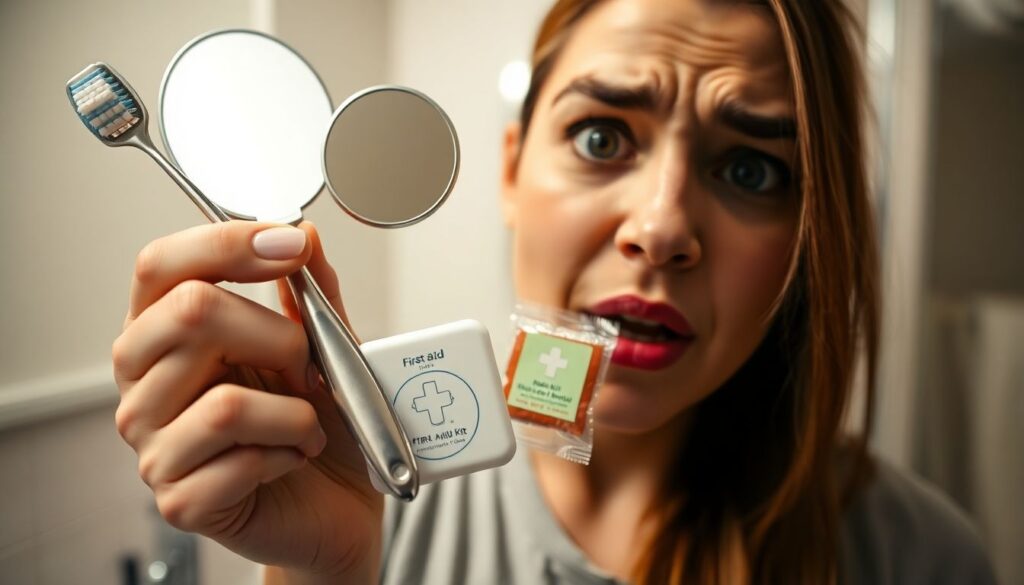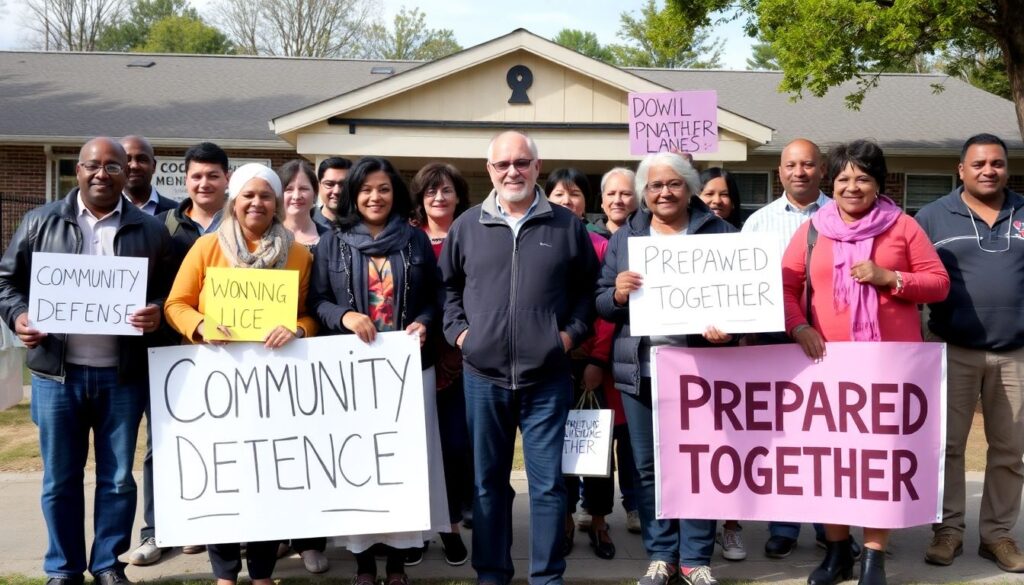Have you ever found yourself in a situation where you or a loved one was in desperate need of dental care, but professional help was miles away? You’re not alone. According to the World Health Organization, around 3.5 billion people worldwide lack access to basic dental care. But what if you could provide some relief and prevent further damage until professional help arrives? Welcome to the world of survival dentistry, where we explore the art of dental care without professional help.
You might be wondering, ‘Why would I need to know about emergency tooth care or dental first aid?’ Well, consider this: a toothache can strike at any time, and it’s not always convenient or possible to rush to a dentist. Whether you’re on a remote hiking trip, living in an area with limited dental care, or simply want to be prepared for any dental emergency, this article is here to empower you with the knowledge and skills to handle common dental issues until professional help is available.
So, let’s agree that being prepared for dental emergencies is a valuable skill. I promise that by the end of this article, you’ll have a solid understanding of how to perform basic dental first aid and maintain oral hygiene in situations where professional help is not immediately accessible. And here’s a preview of what we’ll cover: we’ll delve into the basics of emergency tooth care, discuss how to handle common dental issues like toothaches, knocked-out teeth, and lost fillings, and provide tips on maintaining oral hygiene in less-than-ideal circumstances. So, grab a toothbrush and let’s dive in!
Mastering Oral Health: DIY Dental Care in Emergency Situations
In the realm of personal health, oral care often takes a backseat to more pressing concerns. However, maintaining a healthy smile is not only crucial for your overall well-being but also plays a significant role in your self-confidence and social interactions. While regular dental check-ups are essential, there may be times when you find yourself in an emergency situation, far from your dentist’s chair. Fear not, for there are numerous DIY dental care techniques that can provide temporary relief and prevent further damage until professional help is available. Let’s delve into the world of oral health and explore some of these handy, home-based solutions. Remember, while these methods can be lifesavers in a pinch, they should never replace professional dental care. Now, let’s roll up our sleeves and get ready to tackle those dental dilemmas head-on!
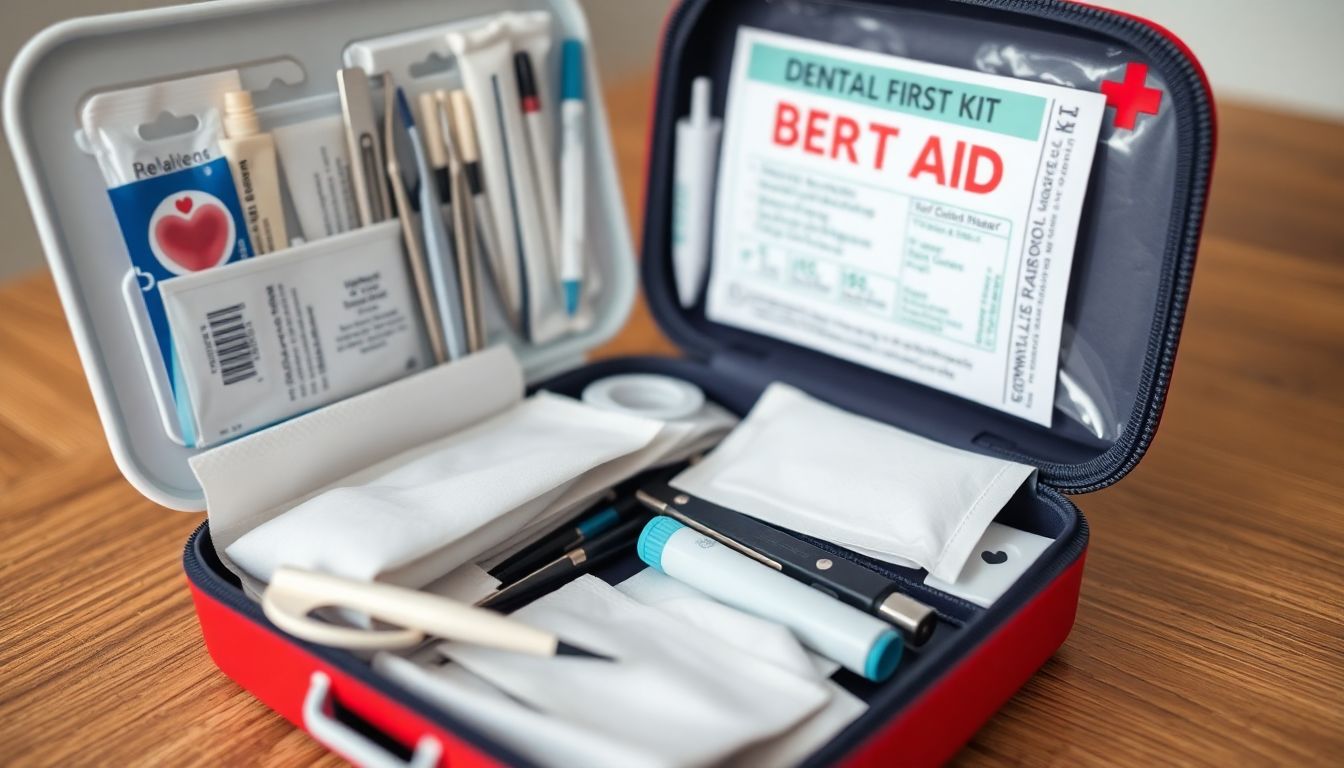
Understanding Emergency Tooth Care
Emergency tooth care is a critical aspect of oral health that often goes overlooked until it’s urgently needed. Unlike regular dental care, which focuses on preventive measures and routine maintenance, emergency tooth care is all about swift response and immediate relief in case of unexpected dental issues. It’s crucial to understand that prompt attention to dental emergencies can mean the difference between saving and losing a tooth, or preventing a minor issue from escalating into a major problem.
So, when is emergency tooth care necessary? Any severe pain, swelling, or bleeding in the mouth, a knocked-out tooth, or a broken jaw should warrant immediate attention. Even a lost filling or crown can be considered a dental emergency if it’s causing pain or discomfort.
Emergency tooth care differs from regular dental care in its urgency and focus. While regular dental care is about scheduled check-ups and cleanings, emergency care is about swift action and immediate relief. It’s about knowing what to do in the moment, before professional help arrives.
To be prepared for such situations, it’s wise to have a basic dental first aid kit at home. This kit should include essential tools and supplies such as:
- Gauze for controlling bleeding
- Saline solution for rinsing
- Dental floss for removing food particles
- Pain relievers like ibuprofen or acetaminophen
- An applicator stick or cotton swabs for applying medication
- A small container for transporting a knocked-out tooth
Having these items on hand can make a significant difference in the outcome of a dental emergency. It’s also important to know how to use these tools effectively. For instance, if a tooth is knocked out, it should be placed in a small container of milk or saliva to keep it moist and alive until it can be reimplanted.
In conclusion, understanding emergency tooth care is not just about knowing when to seek help, but also about being prepared to act swiftly and effectively in the event of a dental emergency. It’s about valuing our oral health enough to be ready when unexpected issues arise.
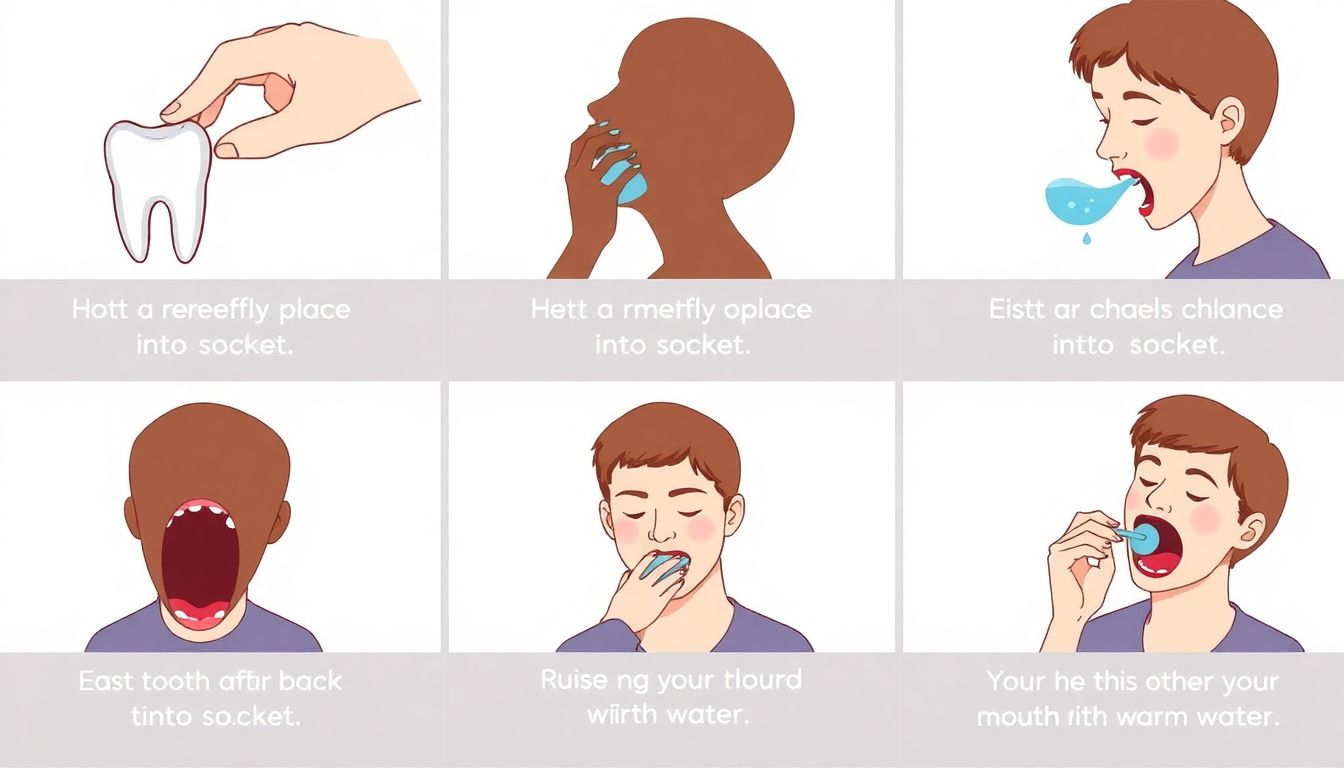
Handling Common Dental Emergencies
Dental emergencies can happen at any time, leaving you in pain or discomfort. Knowing how to handle these situations can save your tooth and prevent further complications. Let’s dive into some common dental emergencies and how to manage them.
Knocked-Out Tooth:
If you’ve had a tooth knocked out, act quickly to increase the chances of saving it. First, retrieve the tooth, handling it by the crown (the part usually visible in the mouth) and not the root. Rinse it gently with water, but avoid scrubbing or removing any attached tissue. Try to place the tooth back in its socket and hold it there with clean gauze or a cloth. If you can’t reinsert it, put the tooth in a small container of milk or saliva (your own or someone else’s). Get to a dentist immediately.
Toothache:
A persistent toothache can be a sign of infection. Rinse your mouth with warm water and use dental floss to remove any food trapped between teeth. If your face is swollen, apply a cold compress to your cheek. Do not put aspirin directly on the gums or tooth, as it may burn the gum tissue. If the pain persists, see a dentist as soon as possible.
Lost Filling:
If a filling comes out, your tooth and gums may be sensitive to temperature and pressure. Rinse your mouth with warm water and use dental floss to remove any loose debris. If you have the filling, place it in a small container of milk or saliva. Try to schedule an appointment with your dentist as soon as possible to have the filling replaced.
Broken Braces:
If a wire or band breaks, don’t attempt to fix it yourself. Use the eraser end of a pencil to gently push the wire back into place. If the wire is poking your cheek or gum, cover it with orthodontic wax. If the bracket or band is broken, save it and bring it to your orthodontist. Try to schedule an appointment as soon as possible.
In all these cases, if you’re in severe pain, have heavy bleeding, or experience difficulty swallowing or breathing, go to the emergency room immediately. Always remember, prompt attention can save your tooth and prevent further complications. Keep your dentist’s number handy for such emergencies.
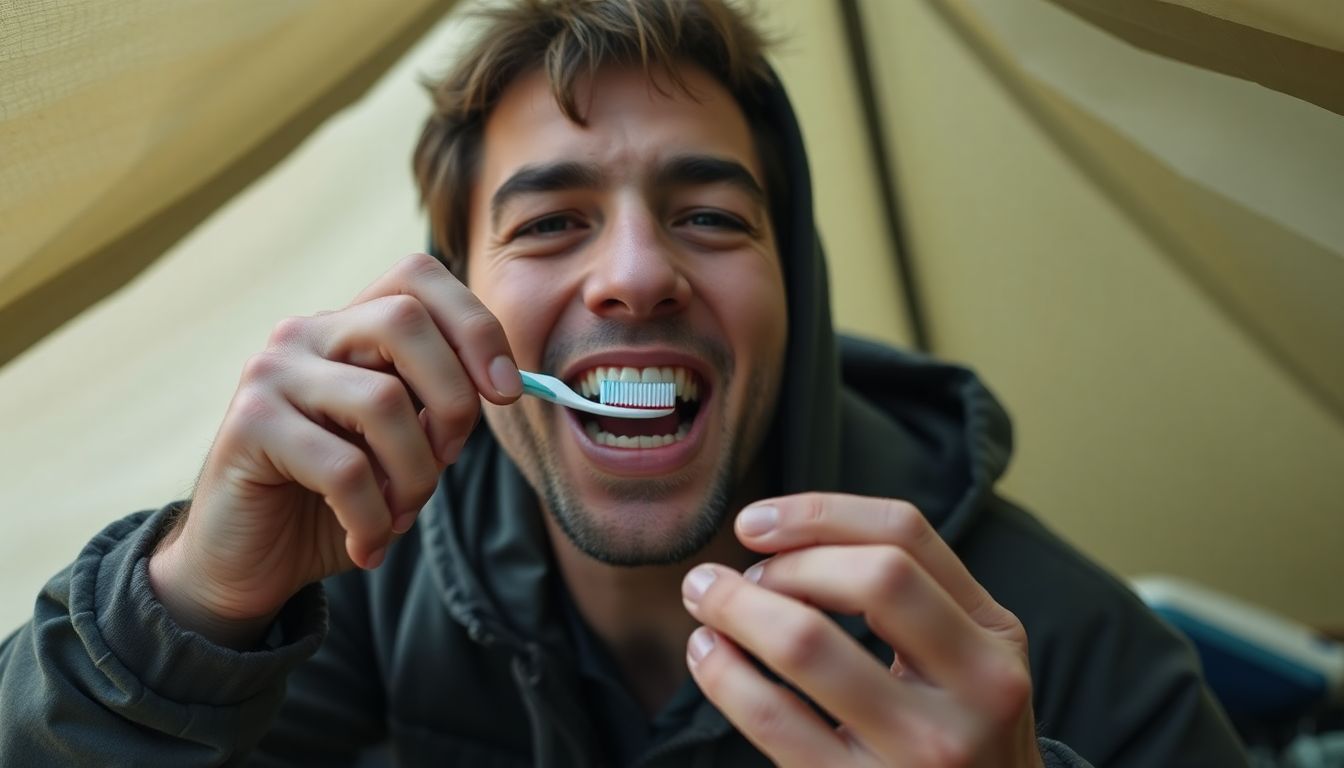
Oral Hygiene in Emergency Situations
In the face of emergencies, maintaining oral hygiene might seem like a trivial concern, but it’s crucial to understand that oral health is interconnected with our overall well-being. Neglecting oral hygiene in emergency situations can lead to severe complications, such as infections, which can further exacerbate an already dire situation. Therefore, it’s essential to prioritize oral care even when access to regular dental care is limited.
When faced with emergency situations, here are some steps to effectively clean the mouth and teeth:
- Use Water: If clean water is available, rinse your mouth thoroughly to remove any food debris or bacteria. This can help prevent the buildup of plaque and reduce the risk of tooth decay and gum disease.
- Use a Clean Cloth or Finger: If a toothbrush is not available, you can use a clean cloth or your finger with a small amount of toothpaste to gently rub your teeth and gums. Be sure to cover all surfaces of your teeth and reach into the spaces between them.
- Use Salt Water or Baking Soda: If toothpaste is not available, a salt water rinse or a baking soda paste can be used as a temporary alternative. Both can help to neutralize acids in the mouth and reduce bacteria.
- Clean Dentures: If you wear dentures, make sure to clean them regularly, even in emergency situations. Remove them at night and clean them thoroughly with water and a denture cleanser.
Remember, these are temporary measures and should not replace regular dental care. As soon as possible, seek professional dental help to ensure your oral health is in good condition. After all, a healthy mouth is a healthy body, and maintaining oral hygiene is a step towards overall well-being, even in emergency situations.
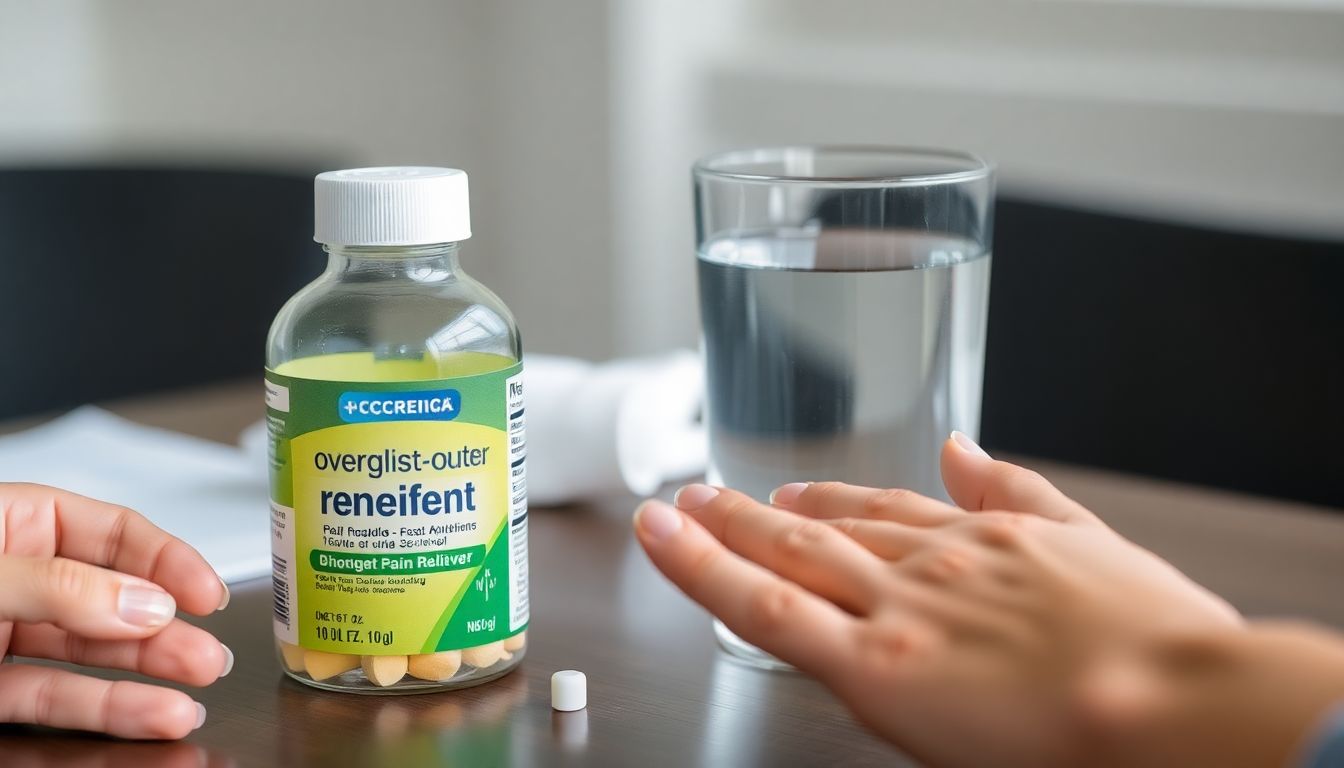
Pain Management for Dental Emergencies
When faced with a dental emergency, managing pain effectively is crucial. Over-the-counter (OTC) pain relievers and home remedies can provide much-needed relief. Let’s explore some safe and effective options.
Firstly, consider non-steroidal anti-inflammatory drugs (NSAIDs) like ibuprofen or naproxen. These work by reducing inflammation and blocking pain signals. They are available in various forms, including tablets, capsules, and gels. Always follow the instructions on the package, typically starting with 400mg of ibuprofen every 6 hours, or 550mg of naproxen every 12 hours. Remember, these should not be taken on an empty stomach to prevent upset.
Another OTC option is acetaminophen, which works by blocking pain perceptions in the brain. It’s often used when inflammation is not the primary issue. The usual dose is 325-650mg every 4-6 hours, not exceeding 3000mg in 24 hours.
For those who prefer natural remedies, clove oil can be an effective home treatment. It contains a compound called eugenol, which has natural analgesic and anti-inflammatory properties. Apply a small amount of clove oil to a cotton swab and gently apply it to the affected area. You can also try rinsing with a warm salt water solution to help reduce swelling and promote healing.
When using any pain reliever, it’s essential to follow these safety guidelines:
- Always read and follow the label instructions.
- Do not exceed the recommended dose.
- Do not take these medications for more than 10 days without consulting a dentist.
- Be aware of potential interactions with other medications you’re taking.
If pain persists or worsens, or if you experience fever, swelling, or difficulty opening your mouth, seek immediate dental care.
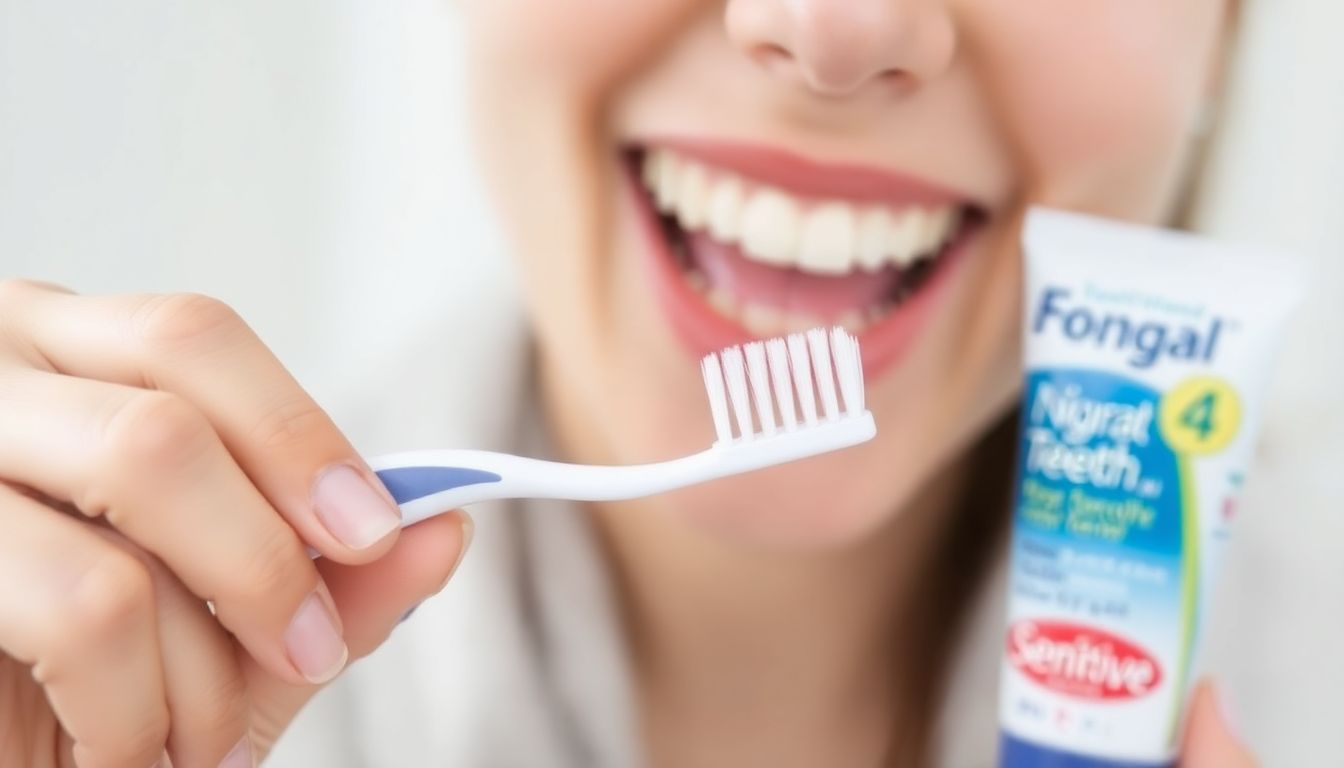
Caring for Sensitive Teeth in Emergencies
Ah, sensitive teeth! They can turn a steaming cup of coffee or a refreshing ice cream into a mini dental adventure. But fear not, dear reader, for we’re about to embark on a journey to become your very own emergency dental superhero!
First things first, let’s understand what’s happening when your teeth are feeling extra sensitive. The roots of your teeth are protected by a layer of enamel, but sometimes, this shield can wear down, exposing the dentin beneath. This is where the nerve endings reside, and when they’re stimulated by hot, cold, sweet, or acidic substances, you feel that sharp, shooting pain.
Now, let’s dive into how to care for your sensitive teeth in emergency situations. Remember, the goal is to desensitize your teeth and prevent further damage.
- Rinse with Warm Water: Start by rinsing your mouth with warm water. This will help wash away any food particles or debris that might be causing the sensitivity.
- Use Desensitizing Toothpaste: If you have some desensitizing toothpaste on hand, apply a pea-sized amount to your finger and gently rub it onto the sensitive area. These toothpastes contain ingredients like potassium nitrate or strontium chloride that can help block pain signals from the surface of your teeth to the nerves.
- Avoid Hot and Cold Foods: Until the pain subsides, try to avoid foods and drinks that are extremely hot or cold. Stick to room temperature or lukewarm foods and beverages.
- No Chewing on the Affected Side: If possible, try to chew on the other side of your mouth to give your sensitive tooth a break.
- Avoid Acidic Foods: Citrus fruits, tomatoes, and pickles can all trigger sensitivity, so steer clear of them until your teeth feel better.
- Consider a Dental Visit: If the sensitivity persists for more than a few days, or if you’re experiencing severe pain, it’s crucial to make an appointment with your dentist. They can examine your teeth and determine if there’s an underlying issue that needs to be addressed.
Prevention is always the best cure, so here are a few tips to keep your teeth from becoming sensitive in the first place:
- Brush Gently: While it’s important to brush twice a day, be sure to use a soft-bristled toothbrush and a gentle touch. Brushing too hard can wear down your enamel.
- Floss Daily: Flossing helps remove plaque and food particles that your toothbrush can’t reach. It also stimulates your gums, promoting good oral health.
- Use a Mouthguard: If you grind or clench your teeth at night, ask your dentist about a custom-made mouthguard. This can help protect your enamel from excessive wear and tear.
- Limit Sugary and Acidic Foods: As tempting as they may be, try to limit your intake of sugary and acidic foods and drinks. They can erode your enamel over time, leaving your teeth more susceptible to sensitivity.
And there you have it! With these emergency care tips and preventive measures, you’re well on your way to becoming a sensitive teeth superhero. Until next time, happy smiling!

Dental Care for Children in Emergencies
Dental emergencies can be quite alarming, especially when they involve children. It’s crucial to stay calm and act promptly to ensure your little one’s oral health and overall well-being. Here’s how you can handle some common dental emergencies in children and provide appropriate care.
Toothache:
If your child complains of a toothache, first, rinse their mouth with warm water and use dental floss to remove any food that may be trapped between their teeth. If their face is swollen, apply a cold compress to the outside of their cheek. Give them a child-appropriate dose of acetaminophen or ibuprofen, and contact your dentist immediately.
Knocked-Out Tooth:
If a permanent tooth is knocked out, retrieve the tooth, holding it by the crown (the part that’s usually visible in the mouth). Rinse it gently with water, taking care not to scrub or remove any attached tissue. Try to place the tooth back in the socket and hold it in place with a clean cloth or gauze. If you can’t replace the tooth, put it in a small container of milk or saliva. Get to the dentist immediately.
Broken Tooth:
If a tooth is broken or chipped, rinse their mouth with warm water and apply a cold compress to reduce swelling. Save any pieces of the tooth that you can find. Get to the dentist as soon as possible.
Bitten Tongue or Lip:
If your child has bitten their tongue or lip severely, clean the area gently with a cloth and apply a cold compress. If the bleeding doesn’t stop or if the bite is severe, go to the emergency room immediately.
Calming a Child in a Dental Emergency:
It’s essential to stay calm yourself, as children often take their cues from you. Speak softly and reassuringly, explaining what you’re doing in simple terms. Distract them with a favorite toy, book, or song. If they’re old enough, involve them in the process, explaining that they’re helping to ‘fix’ their tooth.
Always remember, it’s important to contact your dentist or go to the emergency room immediately after handling the emergency to ensure the best possible outcome for your child’s oral health.

Preventing Dental Emergencies
Maintaining a healthy smile isn’t just about having a beautiful grin; it’s also about preventing unexpected dental emergencies. The first line of defense is maintaining excellent oral hygiene. This involves brushing twice a day, flossing daily, and scheduling regular dental check-ups. Brushing helps remove plaque, a sticky film of bacteria that can cause tooth decay and gum disease. Flossing reaches the areas between teeth that brushing can’t, ensuring no plaque is left behind. Regular dental check-ups allow your dentist to detect any potential issues early, preventing them from becoming full-blown emergencies.
For those who participate in sports or physical activities, wearing a mouth guard is not just a good idea, it’s a must. Mouth guards protect your teeth, lips, cheeks, and tongue from serious injuries. They can prevent broken teeth, knocked-out teeth, and other facial injuries. There are three types of mouth guards: stock, boil and bite, and custom-made. While stock and boil and bite guards are available over the counter, a custom-made guard, made by your dentist, provides the best fit and protection.
Being cautious during physical activities is another key to preventing dental emergencies. This includes wearing appropriate safety gear, such as helmets and face guards, when participating in high-impact sports. It also means being aware of your surroundings, especially when engaging in activities that could lead to falls or collisions. By taking these precautions, you can significantly reduce your risk of a dental emergency.
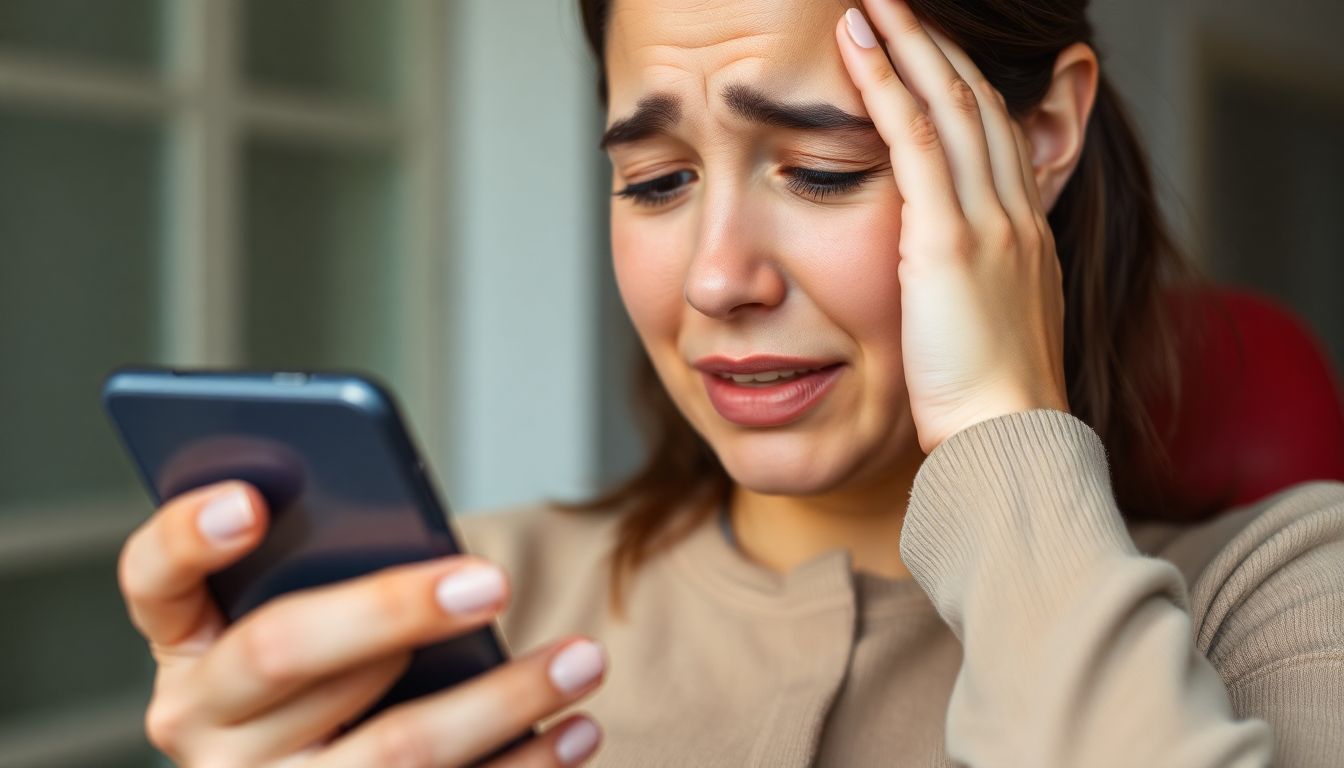
When to Seek Professional Dental Care
Maintaining oral health is a continuous process that involves regular brushing, flossing, and routine check-ups. However, there are times when professional dental care is needed urgently. Knowing the signs and having a plan can help you act promptly and ensure your dental health is in good hands.
There are several signs that indicate you should seek immediate professional dental care. Persistent toothache, swelling in the face or jaw, and difficulty opening your mouth are all red flags that should not be ignored. Additionally, if you experience sudden tooth sensitivity, especially when consuming hot or cold foods and drinks, it could be a sign of a dental emergency. Gum bleeding, especially when brushing or flossing, and a persistent bad taste in your mouth can also indicate a problem that requires professional attention.
In emergency situations, finding a dentist quickly is crucial. Here are some steps to help you:
- Contact your regular dentist first. They may have emergency hours or can refer you to a colleague who does.
- If it’s after hours, look for a dentist who offers emergency services in your area. Many dental practices have this information on their website.
- If you’re traveling or away from home, ask your hotel concierge or local tourism office for a recommendation.
- In severe cases, go to the emergency room. While they can’t provide dental care, they can help manage pain and refer you to a dentist.
Remember, prevention is always better than cure. Regular dental check-ups and good oral hygiene can help prevent many dental emergencies. But when they do occur, knowing when to seek professional care and how to find a dentist can make all the difference in your dental health.



